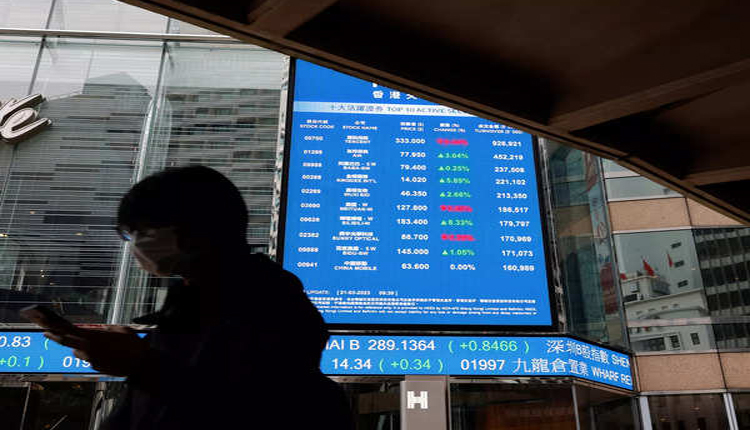Mumbai: The Indian stock market has experienced a significant downturn in recent weeks, with the Sensex dropping by over 4,000 points across the last five trading sessions. This sharp decline has resulted in investors losing nearly ₹16 lakh crore, highlighting a period of intense volatility and concern among market participants.
In stark contrast, the stock markets of China and Hong Kong are witnessing unprecedented growth. Over the past 15 trading sessions, China’s Shanghai Composite Index has surged by more than 17 percent, contributing to an impressive increase in the total market capitalization of these regions by ₹269 lakh crore. This remarkable performance has drawn the attention of investors looking to capitalize on the booming markets.
The Chinese government’s proactive measures have been pivotal in strengthening its economy and real estate sector. A substantial relief package worth approximately ₹12 lakh crore has been introduced, directly bolstering investor confidence. This strategic intervention has played a crucial role in the robust rise of both the Shanghai Composite and Hong Kong’s Hang Seng Index within a short span of just 15 trading days. Financial experts suggest that long-term investments in the Chinese market are likely to yield substantial returns, given the current upward trajectory.
For investors contemplating diversification into the Chinese stock market, the process is relatively straightforward, akin to investing in the US market. The key requirement is to engage with brokers that facilitate investments in foreign markets. Several brokerage firms now offer direct access to China’s stock exchanges, simplifying the investment process for international investors.
Additionally, Exchange Traded Funds (ETFs) present a secure alternative for those looking to invest in China’s burgeoning markets. ETFs provide a diversified investment option, mitigating risks while allowing investors to benefit from the overall market growth. Another viable approach is investing in Chinese companies listed on US stock exchanges, which offers an accessible entry point for global investors. Furthermore, investors can consider companies operating in India that are also listed on international indices, providing a dual advantage of local and global exposure.
The divergence between the declining Indian stock market and the thriving Chinese and Hong Kong markets underscores the dynamic and interconnected nature of global economies. While India grapples with its market challenges, the robust growth in neighboring regions presents lucrative opportunities for those seeking to diversify their investment portfolios.
As the financial landscape continues to evolve, investors are advised to stay informed and consider strategic moves to navigate the complexities of international markets. The contrasting performances of these major economies highlight the importance of diversification and informed decision-making in achieving long-term financial goals.



Comments are closed.